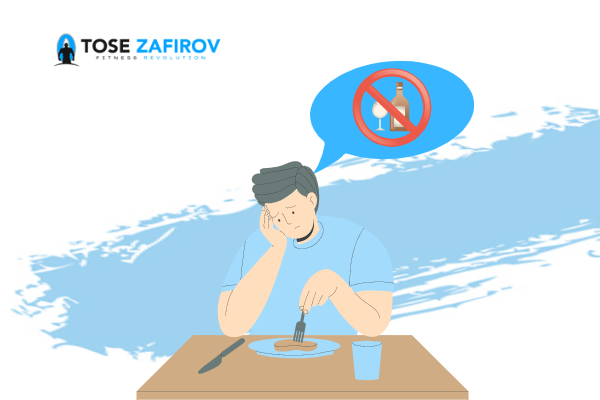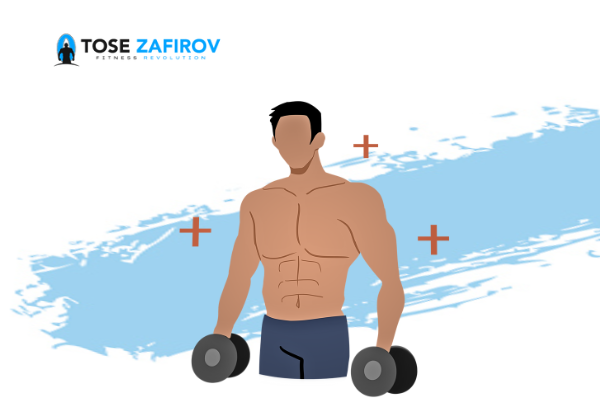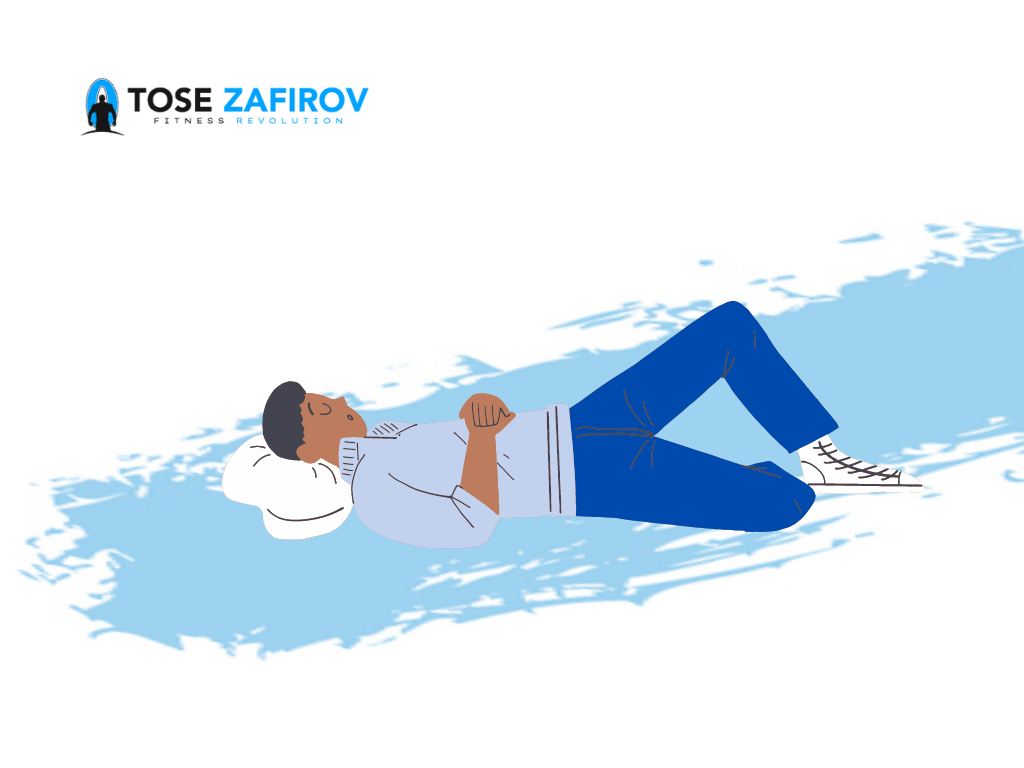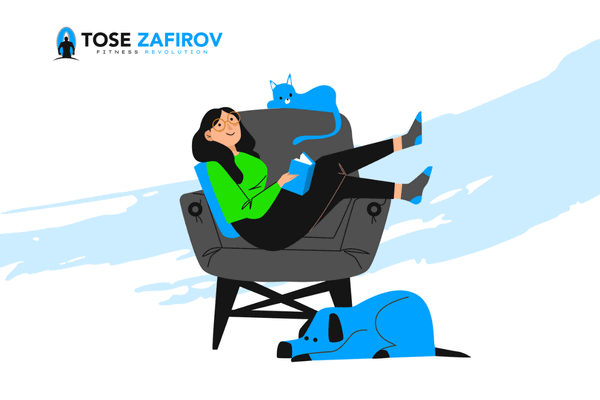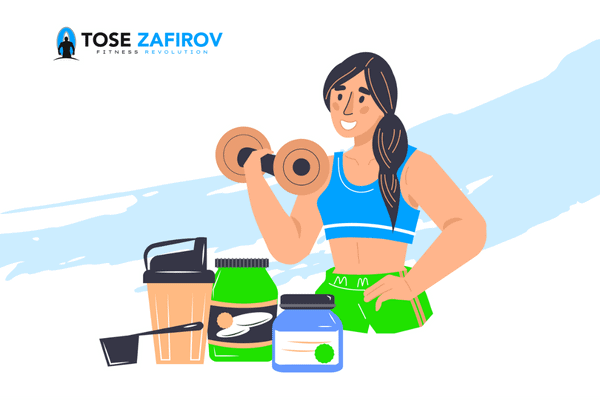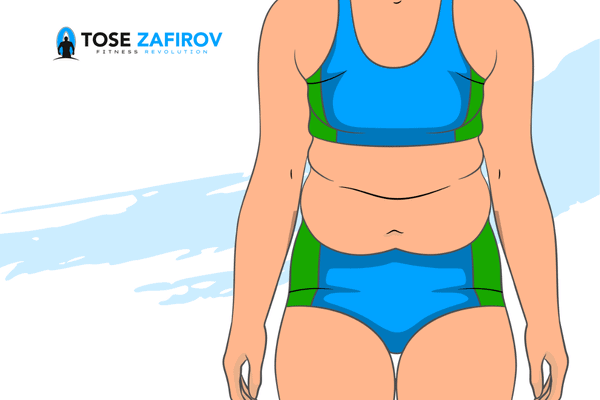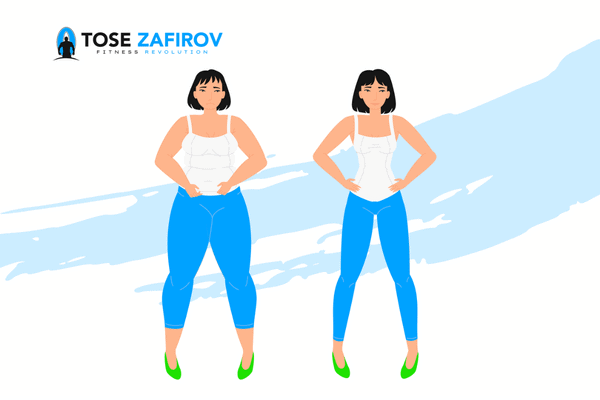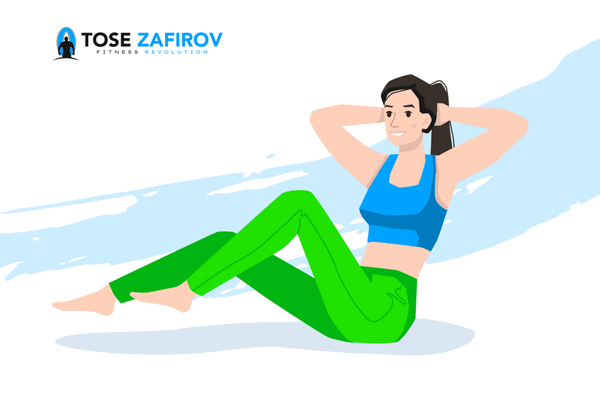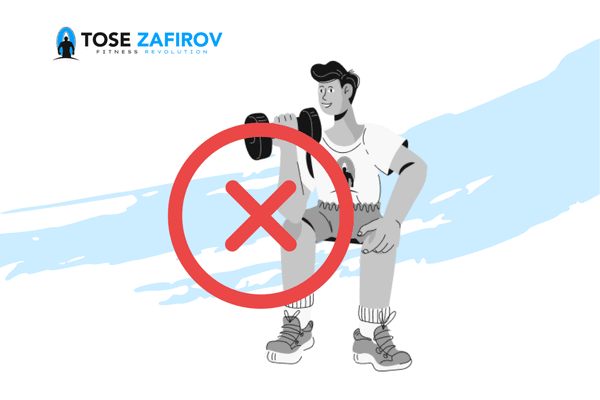Who says you cannot lose weight quickly? You can! Today’s market offers plenty of diets to rapidly shed pounds. But should you? Probably not. These popular diets will most likely leave you hungry and deprived. Worse yet, you can easily regain the pounds as soon as you ‘finish the diet.’
The better alternative is to lose pounds healthily and permanently. The key to success in this regard is making small changes to your lifestyle without going on a diet. Let’s help you drop some weight!
10 Tips to Help You Lose Weight Without Going On A Diet
While we are all different, here are the top ten healthy tips that hold for almost all of us. Feel free to use one of the following painless strategies or combine them for the best possible results.
Plan Your Meals
It would be best to eat at regular times, starting with breakfast.
Try to build a balanced breakfast with fiber, protein, and healthy fats that will fill you up and keep you satisfied longer. It should be around 400-500 calories; think of eggs, nuts, veggies, fruits, or 100% whole grains. For instance, a whole-grain cereal topped with low-fat dairy and fruits is a quick and healthy way to start your day.
People willing to lose weight frequently cut down on breakfast. However, this is the worst strategy you can go for; skipping breakfast influences your hunger hormones. You end up missing out on essential nutrients and snacking more throughout the day because you feel hungry.
Eating consistently helps you burn calories faster, helps you refrain from oversized portions, and reduces the desire to snack on foods high in saturated fat and sugar.
Furthermore, studies consistently indicate that people who log everything they eat during meals are more likely to lose weight and keep it off for the long haul. Today, many tracking apps can help you keep a journal and stay accountable for what you eat throughout the day.
Eat More Produce
Fruits and vegetables are high in volume, nutrient-dense, and filling, yet low in calories. Eating large servings of fruits and vegetables will crowd out other foods higher in calories and fats off your plate.
Always start your meal with a vegetable salad or a bowl of broth-based soup, or pile up your plate with vegetables (at least 50%), so you have less space for meat and other foods. This practice will also help you enrich your diet with vitamins, minerals, phytonutrients, and fibers.
Foods with fiber will keep you full longer. You can only find fiber in plants, whole-grain bread, brown rice and pasta, beans, peas, and lentils.
Switch To Lighter Alternatives
It would be best not to restrict any foods or food groups but replace them with lower-calorie versions. Using lighter products can help you cut down calories effortlessly. For instance, you can use low-fat versions of dairy products, salad dressings, and even sodas; most often, you won’t even notice the difference. As time goes by, you’ll get more used to these ingredients.
If you are willing to take a step further, you can also make smarter substitutions, such as mustard over mayonnaise, skim milk instead of cream, vinaigrette over a creamy dressing, and so on.
Choose Liquid Calories Wisely
While drinks might have the same calories as real food, they cannot reduce hunger to the same extent. For example, a bowl of veggies or protein-packed stir-fry can get you full. At the same time, you cannot expect the same effect from juice, caramel coffee, tea, or any other sweetened drink.
You can take in at least 800 calories a day only by consuming these beverages. And you’ll still be hungry!
Alcohol is also a huge deal breaker because it can suppress fast metabolism, preventing you from burning calories. So, you can save a lot of calories by limiting alcohol to weekends or eliminating it altogether.
It can be hard to figure out how much sugar a single product contains since sugar can go by many names in the list of ingredients. A great way to improve your diet is to monitor your sugary beverage intake and minimize added sugars. Make sure you go through the ingredients carefully the next time you purchase something from the store. It will help you lose weight faster, improve your heart health, and prevent diabetes.
In addition, people frequently confuse thirst with hunger. So, before you rush into the kitchen, drink 1-2 glasses of water to avoid consuming unnecessary calories. If you drink water before you eat, you will reduce your calorie intake. In addition, water is good for losing weight since it replaces drinks that are high in sugar and calories. You can also get vegetable juice, skim, low-fat milk, or small 100% natural fruit juices.
Trim Your Portions
Most portions at home or in the restaurant are bigger than you need. You will lose weight if you do nothing else but reduce the size of your potions by 10% to 20%.
The best way to help yourself is by using a measuring cup to understand your usual portion size. You can also buy smaller plates and bowls to ‘fool’ your brain more easily; you will eat a whole portion (only a smaller one).
Control Your Environments
As the good old saying goes, ‘out of sight, out of mind,’ meaning if you don’t see something frequently, you will forget about it.
We recommend you pay attention to stocking your kitchen and choosing the right restaurants. If you stay away from high-calorie snacks and calorie-packed drinks at home and all-you-can-eat restaurants, you will be less tempted to cheat on your diet.
It would also help to eat a healthy snack before going to a party or a celebration so that you won’t be starving. This way, you’ll fill your plate more carefully at the buffet. Also, emphasize drinking water more frequently, especially before returning to the buffet.
Most snacks are high in calories and aren’t nutrient-dense. You should always keep your snacks below 300 calories, avoid added sugars and sodium, and focus on healthy choices with at least 4 grams of protein and 4 grams of fiber to keep you full.
Eat Slowly and Mindfully
When you’re eating food, chew deliberately and ensure that you taste each bit that goes into your mouth; you should only swallow once you’ve chewed up all food. Focusing on taste, textures, temperature, and smells can help you with portion control; you’ll know when you’ve had enough and can stop. As a bonus, you’ll enjoy the food more properly.
Mindful eating will also emphasize what and when you are eating. So, you can easily identify unnecessary munching moments and tacking on extra calories. Also, always eat food that you choose for yourself to shift the focus from external authorities’ control and listen to your body’s inner wisdom instead. It will help you make better choices!
Add Protein To Each Meal or Snack
Protein is the king of nutrients when it comes to weight loss. If you add lean or low-fat protein to your meals, you’ll be full longer and less likely to overeat. Good examples include eggs, beans, lean meat, nuts, and peanut butter.
Always Get Enough Sleep
If you sleep less than seven hours per night, you can easily slow down your metabolism. Lack of sleep increases the hunger hormone, also known as ghrelin, and decreases the satisfaction hormone leptin. Our cravings for higher energy or food intensify when we intensely feel hunger. So, if you are sleep deprived, you’ll crave more sweet and salty food, which contributes to gaining weight.
It is also well-known that improper sleep can affect how we process our emotions and think, so it’s easy to relate this with the reduced ability to make smart choices in different areas of life, including food.
Quality sleep will help you lose weight, boost alertness, and improve your mood and overall quality of life. If you sleep less than the desired amount, try to push your bedtime by 15 to 30 minutes every day until it becomes a habit.
Walk and Add More Steps
It would help to be more active throughout the day. Any type of exercise is good, but you can start walking and gradually add more steps until you reach 10,000 daily; this includes pacing while you talk on the phone, walking the dog, and marching in place during TV commercials. You can get a pedometer or use a phone app to help you track your activity and remind and motivate you.
Exercising in the evening is particularly beneficial, especially before dinner. It will increase your metabolism (which tends to slow down towards the night) and keep the metabolic rate elevated for another two or three hours.
Extra Tip: Start Strength Training
You can build lean muscle tissue with strength training. Lean muscle helps you burn more calories and lose weight faster. For instance, you can do push-ups, squats, lunges, bicep curls, or tricep extensions from home. Feel free to incorporate new moves for your abs, back, or legs; three to four workouts a week will also help you improve posture, stability, and motion.
The Bottom Line
Over the years, you’ve probably heard a lot of misguided weight loss advice, and often, these tips are given by people that don’t have any expertise in the field. But, just as there is a lot of crazy weight-loss advice that needs to be avoided, there is also expert-approved and research-based advice to facilitate your weight-loss journey.
The most important thing you should remember is that weight loss takes time, and you should not expect results overnight. The best way to speed up the process is to plan your meals, go for the grain, build a better breakfast, up your veggie intake, snack smart, skip added sugars, drink plenty of water, use a smaller plate, don’t ban foods, don’t stock junk food, cut down on alcohol, read food labels, and stay active. Does it seem like too much effort?
Take it step-by-step, give yourself time, and don’t try to change your life altogether in 24 hours. That’s the best advice anyone can give you!


